The views expressed in our content reflect individual perspectives and do not represent the authoritative views of the Baha'i Faith.
During this pandemic, we probably all have heard the standard advice for coping with anxiety: Get plenty of rest, eat nutritiously, exercise, maintain social connections at a distance, and manage stress.
That last point — managing stress — may seem hard to put into a daily discipline, especially now, so I’ve researched some stress-reduction techniques. Perhaps not surprisingly, keeping a journal is high on the list.
I decided to try it. Specifically, I wanted to reflect on high-anxiety periods I myself have lived through to help put the current COVID-19 pandemic into perspective.
Even if you are not as old as me or you are from a part of the world where some of the events that I wrote about are not familiar to you, I’m guessing you have some of your memories. I especially hope that the quotations from the Baha’i writings that are helping me make sense of my experiences will help you, too.
From My Journal
I was not quite 9-years-old in 1957 and living in a small town when a local church embraced a prophecy that the world was coming to an end on a specific day. They succeeded in pressuring the school board to close schools that day so that children could be with their families. Since the world did not end, we all returned to school — with the administrators feeling both relieved and embarrassed. For all of us, it had been a time of confusion and anxiety. But we got through it.
We are free from every anxiety, and ready and prepared for the things predestined to Us. – Abdu’l-Baha, A Traveller’s Narrative
In 1962 I was 13 when the Cuban Missile Crisis occurred. One evening during that 13-day period I wrote in my diary that everything was going to blow up and that I was perhaps writing for the last time — even as I wondered why bother to write in that case.
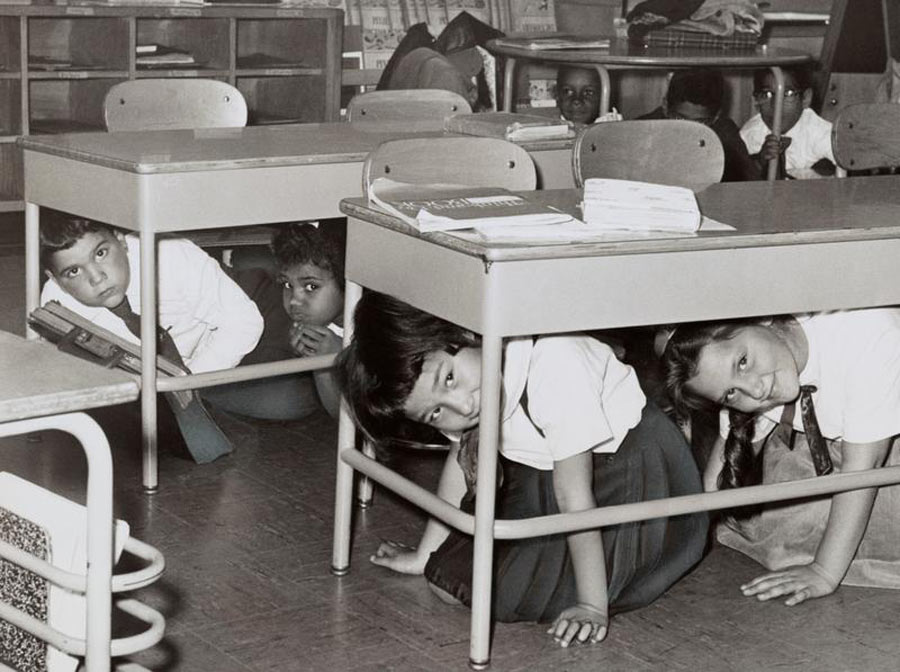
Fortunately, through diplomacy and a series of actions that now are part of history, that didn’t happen, and we got through it.
… the trials which beset our every step, all our sorrow, pain, shame and grief, are born in the world of matter; whereas the spiritual Kingdom never causes sadness. A man living with his thoughts in this Kingdom knows perpetual joy. The ills all flesh is heir to do not pass him by, but they only touch the surface of his life, the depths are calm and serene. – Abdu’l-Baha, Paris Talks
My next encounter with impending doom lasted for much of the 60s — the Vietnam War, civil rights marches, student strikes, rioting in the streets. If that wasn’t the end of the world, then what was? After so many years of tension and distress, nothing was the same afterwards. Sadly, the underlying issues of justice and racism have even now not been fully resolved — and yet we got through it.
Now is the time for steadfastness. Now is the ripe moment for the stalwart warriors and champions to show forth courage and to demonstrate their heroism in the arena of service, until such time as God will exalt His Cause, will remove the distress and anxiety of His friends and trusted servants, and glorify those who were brought low among His creatures, to make them spiritual leaders among men, and to make them God’s heirs. – Shoghi Effendi, Fire and Light
I next experienced widespread danger and anxiety during the Persian Gulf War in 1991, when I was living in Haifa, Israel as a volunteer at the Baha’i World Centre.
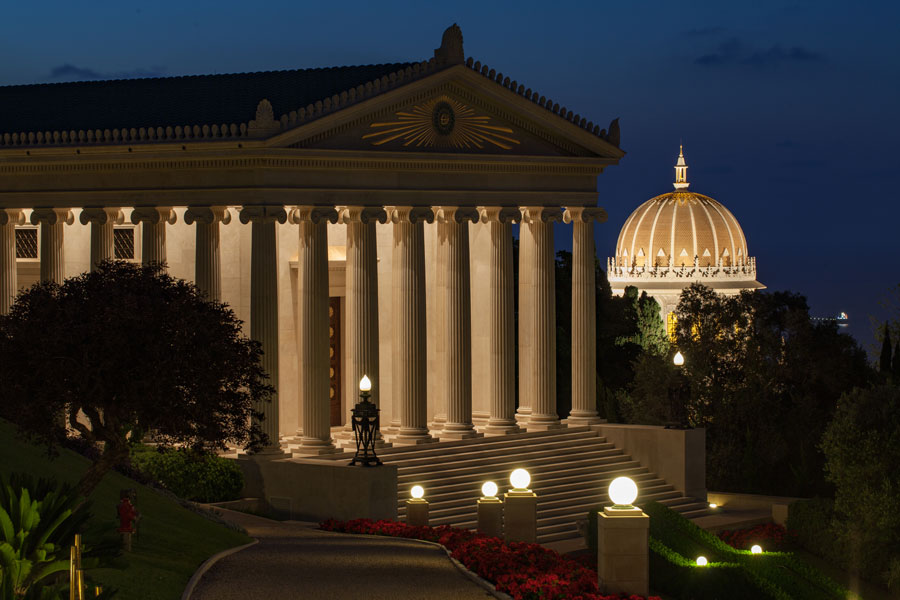
The war itself was no surprise; in fact, we had several months to prepare for it. While being trained by the Israeli Civil Defense so that I could help others, I learned about safe rooms, radio systems, self-administration of atropine as an antidote for nerve gas, and gas masks. When the war began, the country remained in lockdown for a few days. After a day or two, bakers were allowed to return to work, and gradually others did as well — though we were instructed to always be within 9 minutes of a bomb shelter and to carry our gas masks with us at all times. There is more to this experience, and perhaps someday I’ll write more about it. But for the purpose of this essay I’ll just say: We got through it.
If material anxiety envelops you in a dark cloud, spiritual radiance lightens your path. – Abdu’l-Baha, Paris Talks
Ten years later in 2001, we had the terrorist attacks on the World Trade Center in New York and the Pentagon in Washington, along with attempts at other locations. The entire world was stunned. Lots of people said, and they were right, “Life will never be the same after this.” I’d like to say we got through it, but I’m not sure the aftershocks have completely subsided, though in terms of daily living — yes, we got through it.
Most necessary to thy well-being is contentment under all circumstances for through it will the soul be saved from sloth and ill-being. Eschew anxiety and depression for through these twain will transpire a darksome affliction. – Baha’u’llah, The Tablet of Medicine, provisional translation.
The Current Pandemic
Referring to the coronavirus pandemic, how and when will we say “we got through it”? What is that going to mean? I don’t have answers, but I can offer a powerful, uplifting Baha’i quotation to offer some perspective about our reaction to it:
Joy gives us wings! In times of joy our strength is more vital, our intellect keener, and our understanding less clouded. We seem better able to cope with the world and to find our sphere of usefulness. But when sadness visits us we become weak, our strength leaves us, our comprehension is dim and our intelligence veiled. The actualities of life seem to elude our grasp, the eyes of our spirits fail to discover the sacred mysteries, and we become even as dead beings. – Abdul-Baha, Paris Talks
Other Events in Our Current Times
As I write this, I can think of other events almost as dramatic, as potentially catastrophic. Climate change is at the top of the list. We can’t say precisely when it started, and sadly we cannot say when or how it will end. I wonder if sometime in the future we will be able to say we got through it?
“We must find unity, solidarity, and even opportunity in the common struggle increasingly faced in every corner of the world. We must draw on the insights of science and the universal values of the world’s great religions to inform our next steps, and to guide our current trajectory. For religion without science becomes pure superstition, and science without religion becomes the instrument of materialism. Transformation will result from the insights gleaned when both systems of knowledge are judiciously applied to the crises humanity faces—climate foremost among them.” – To Address Climate Change, Ensure Coherence Between Principle and Action, the Baha’i International Community, statement issued to the United Nations Climate Summit, 20 September 2019.
Writing as a Legacy and a Bridge
Beyond personal stress-reduction, as we write in our journals we might also think in terms of legacy. Do you have family or friends who wonder what you are thinking and feeling? How do you share those thoughts and feelings with them and, for that matter, are you open to knowing their inner thoughts? Are you involved in an organization’s history or archiving? What might members want to know about how the organization got through the pandemic?
Our current reality will someday be seen as a bridge between the past and its imbalances, and the future with its new, more enlightened definition of “normal.”
Its present state, indeed even its immediate future, is dark, distressingly dark. Its distant future, however, is radiant, gloriously radiant – so radiant that no eye can visualize it. – Shoghi Effendi, The Promised Day Is Come




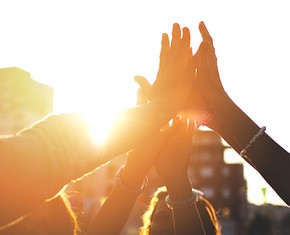
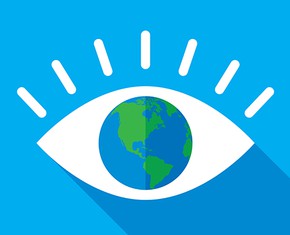
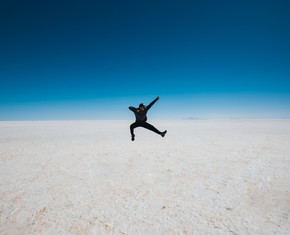









Comments
Sign in or create an account
Continue with Googleor